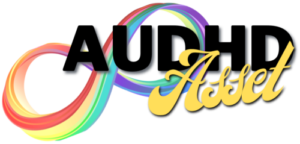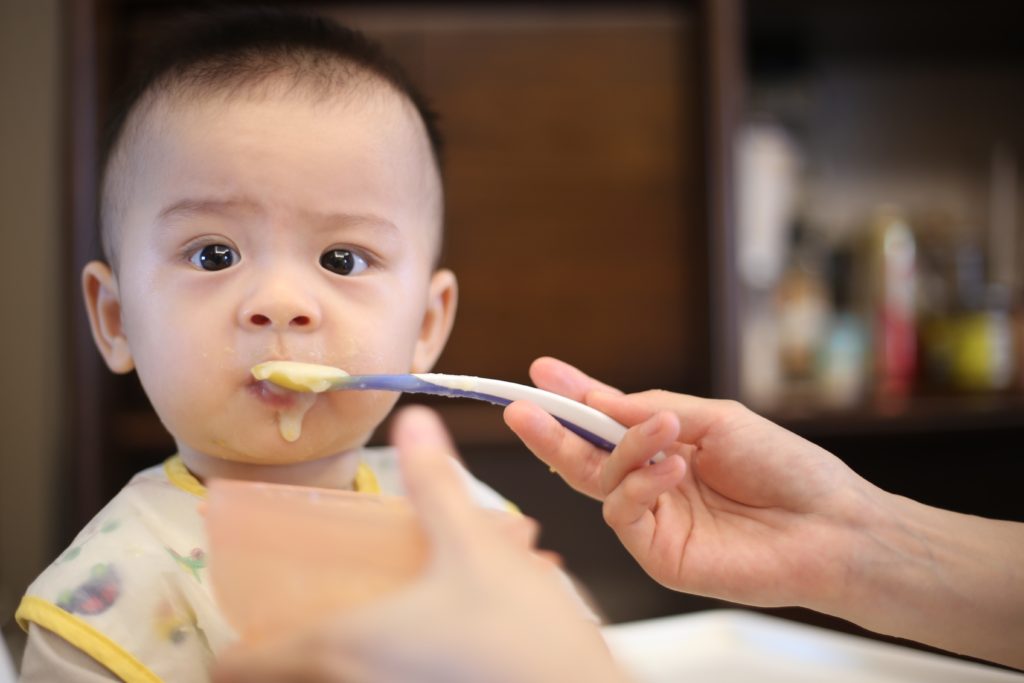Newborns are fragile, they’re resilient, but they’re also fragile. They are also limited on what they do the first few months of their lives. They eat, they sleep, they poop, pee, and that’s about it. One of the most important factors as parents to help our baby grow and flourish is feeding them, however there are many factors to consider when feeding your baby to keep them safe.

Breastfeeding Safety
Smoking and Breastfeeding
Smoking is not only harmful for babies from exposure during the air, the toxins in cigarette smoke can show up in your breastmilk. It’s best to not smoke while pregnant and breastfeeding.
Breastfeeding While Bed Sharing
The lack of sleeping during the early newborn phase can be hideous. Feedings every two hours can get to be tiresome. Bed-sharing and breastfeeding in the middle of the night can be risky. It’s important to remain aware of where you are in relation to your baby. It is possible for you to accidental block baby’s airway while breastfeeding them.
Bottle Feeding Safety
Bottle Feeding Safety
Temperature
- Whether you are bottle feeding breastmilk or formula it is important to check the temperature before giving to baby. Too hot of formula or milk can burn baby. Check temperature on inner wrist. This is best because it is more sensitive skin.
- Do not microwave milk or formula to warm. Microwaves warm milk unevenly and can scald the baby. It’s best to use a bottle warmer like this one.
Breastmilk
- If breastmilk has been warmed but not consumed within an hour, throw it out. Do not refreeze.
Bottles
- Clean and sanitize bottles and nipples.
Prop Feeding
- Do not prop a bottle up by baby for them to feed. You must hold bottle for baby and be aware enough to take bottle out of the baby’s mouth if they are coughing, choking, or have fallen asleep.
Solid Food Safety
Baby’s First Foods
- Baby should be able to sit up, assisted or unassisted, in order to eat solid foods.
- Introduce new foods steadily, allowing for time to make sure baby doesn’t have an allergic reaction. Introducing one new food every couple days allows you to be aware of what food most likely caused the reaction.
- Give them time, don’t rush baby to eat a meal.
- Give them small amounts of food at a time
- Avoid firm, round foods, like hot dogs, grapes, nuts, popcorn.
- Do not offer baby honey before 1 year of age.
Finger foods
- Cut foods into small chunks to avoid choking hazards
- Do not leave child eating unattended.
Sarah
Similar Posts:



